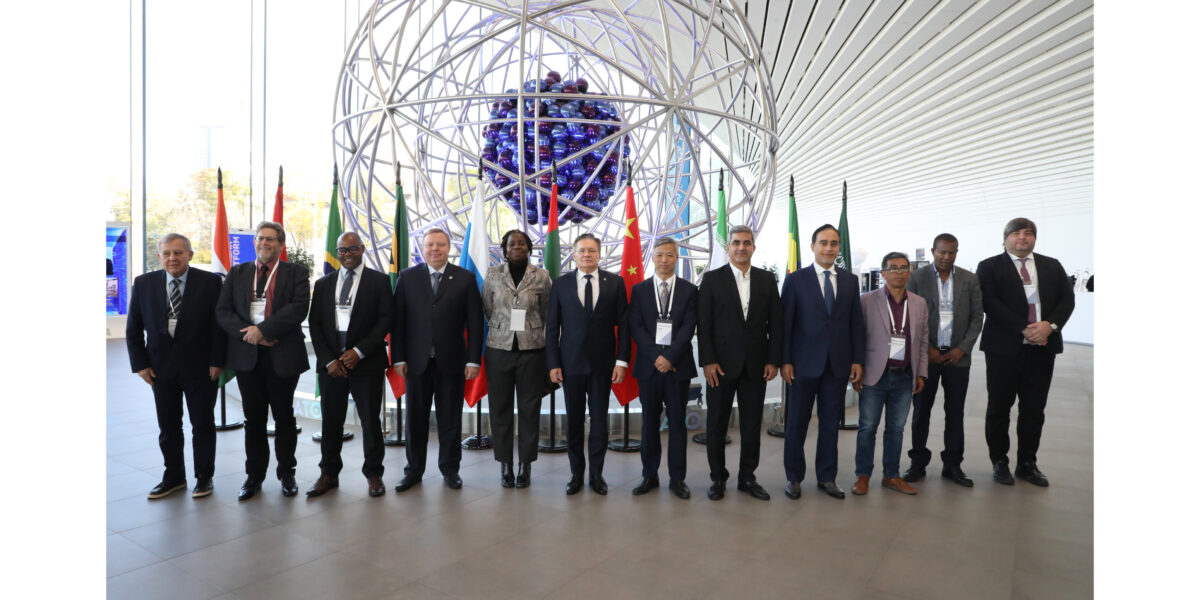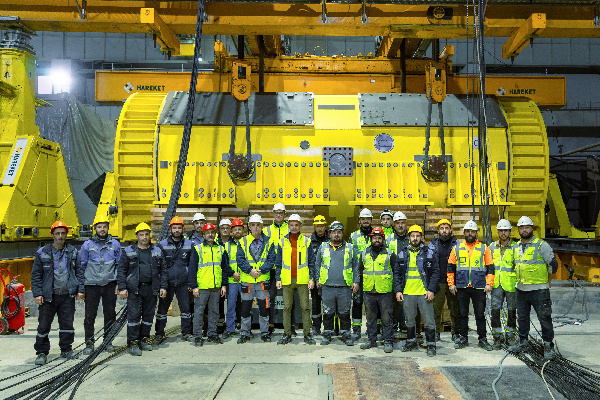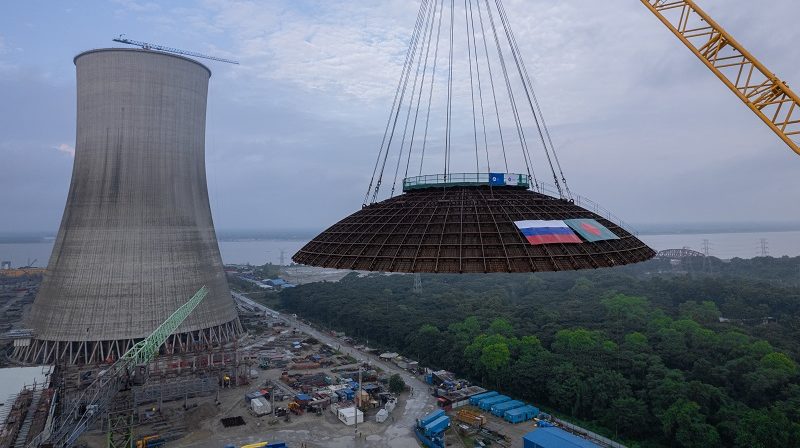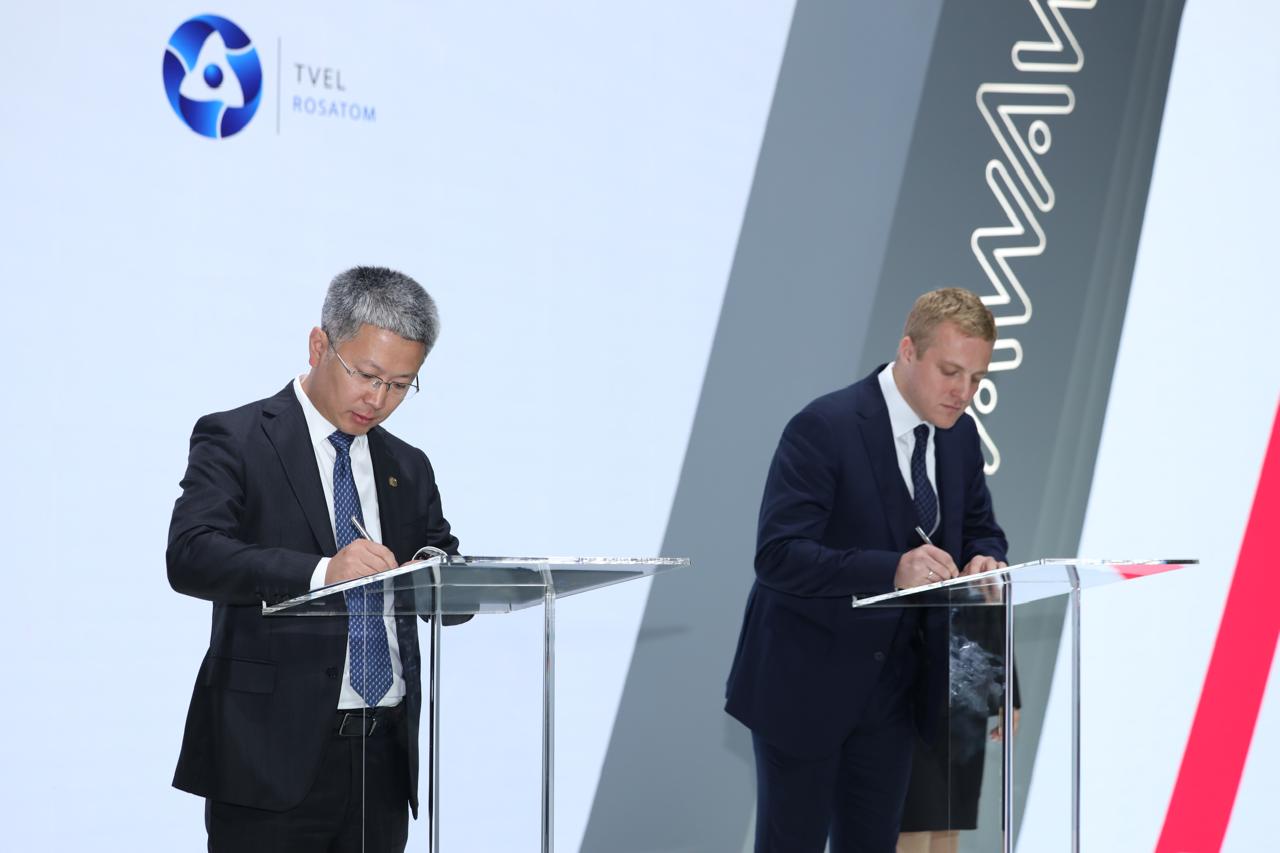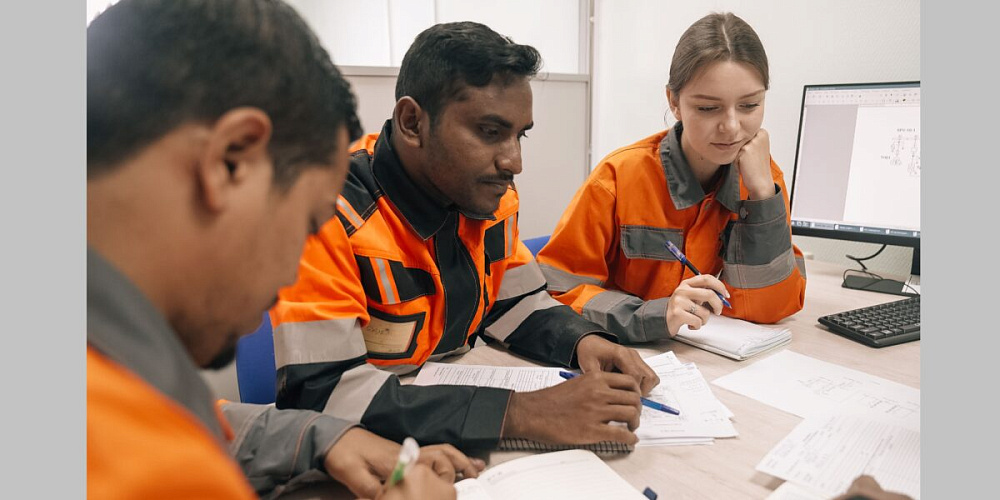Top executives of the largest nuclear companies and organizations from BRICS+ member states, including Russia, China, South Africa, Brazil, Iran, Ethiopia, and Bolivia, held the first meeting within the framework of the Nuclear Energy Platform being created. During the meeting, which took place at the Moscow Atom Museum, the participants discussed the initiative and outlined further plans.
The Platform is aimed at promoting best practices and advanced nuclear energy and other nuclear technologies in the BRICS and BRICS+ markets, providing incentives and models for nuclear projects in the BRICS member countries. Russian experts claim that by 2050 the BRICS countries will account for half of the global energy generation and consumption, with nuclear power playing an important role in meeting the growing energy demand.
"Practically all the states of the association are implementing projects in the field of nuclear energy. Today, many BRICS members are the technological drivers of the international nuclear market. The common experience can and should be used and replicated throughout the BRICS space and on the planet as a whole. Therefore, we propose to join forces within the framework of the BRICS nuclear platform, a voluntary alliance of companies, professional nuclear communities and NGOs supporting the development and implementation of nuclear technologies," said Alexey Likhachev, Director General of Rosatom.
Currently, in addition to the 390 GW of operating nuclear power units, another 66 GW of nuclear capacity is under construction globally. The BRICS countries are making a decisive contribution to global nuclear power. As early as 2030, at least two-thirds of the global nuclear energy growth will come from the BRICS countries.

"I am very happy with the progress in the formation of the Platform. I believe that it will fruitful for BRICS countries and BRICS associate member-states," said Orpet Peixoto, Deputy Chairman of the Supervisory Board of the Brazilian Association for the Development of the Nuclear Industry (ABDAN). "Brazil has a very diverse matrix of energy, and nuclear energy is an integral part of it. We are one of the very few countries in the world with all the elements of nuclear fuel cycle. But we need support, we need financing, and we know that we can get them through cooperation with the BRICS countries. So, I see Brazil has a lot to gain from the cooperation within the Platform."
Reference
Rosatom is an active contributor to BRICS events. For instance, earlier this year, Rosatom representatives attended the BRICS Youth Energy Summit held in Moscow in September. This year’s Summit was attended by official delegations and representatives of the BRICS+ community of young energy professionals from 27 countries: Brazil, China, Egypt, Ethiopia, India, Iran, Saudi Arabia, and others. The Rosatom team entered the finals of the BRICS Future Skills & Tech Challenge 2024 International Championship for Advanced Technologies and Skills held in Kazan (Republic of Tatarstan) in September. About 1,000 contestants from 13 countries, including Brazil, India, China, South Africa, Belarus, and others, made it to the finals.

